A federal judge in Waco, Texas, has permanently blocked a state law requiring book vendors to rate materials based on their sexual content. This ruling marks a significant victory for advocates of free speech and the First Amendment. The law, known as House Bill 900, aimed to restrict the availability of certain books in school libraries, but was deemed unconstitutional by the court.
On October 24, 2023, the judge upheld a previous ruling that temporarily prevented the implementation of the law, which was set to take effect in September 2023. The Texas Education Agency would have been empowered to override the ratings provided by booksellers, further controlling what literature could be accessed in schools.
The plaintiffs, represented by the law firm Haynes Boone, argued that the law’s requirements imposed unreasonable obligations on booksellers and limited students’ access to vital literature, including classic works. Attorney Laura Lee Prather expressed satisfaction with the outcome, stating that the ruling signifies a major First Amendment victory.
“The READER Act would have imposed impossible obligations on booksellers and limited access to literature, including classic works, for students across Texas,” Prather noted in a statement following the ruling. Critics of House Bill 900 contended that the law’s broad language could lead to the banning of significant literary works and restrict access to books featuring LGBTQ+ characters.
The initiative to enforce book ratings was part of a broader trend in Texas aimed at censoring educational materials in schools. The law mandated that vendors rate any books sold to school districts based on their sexual content and references. Many argued that this requirement violated the principles of protected speech and could disproportionately affect students’ access to diverse viewpoints.
In recent months, the debate over book censorship has intensified in Texas. The Lake Travis Independent School District, for instance, voted to retain one book while removing another from its high school library following a parental challenge. These local decisions reflect ongoing tensions surrounding educational content and the extent of parental control in school systems.
This ruling by the federal court reinforces the notion that freedom of expression in literature must be safeguarded against legislative overreach. While the state may appeal the decision, the implications of this ruling resonate beyond Texas, highlighting the ongoing national conversation about the role of government in education and the importance of protecting diverse literary voices.







